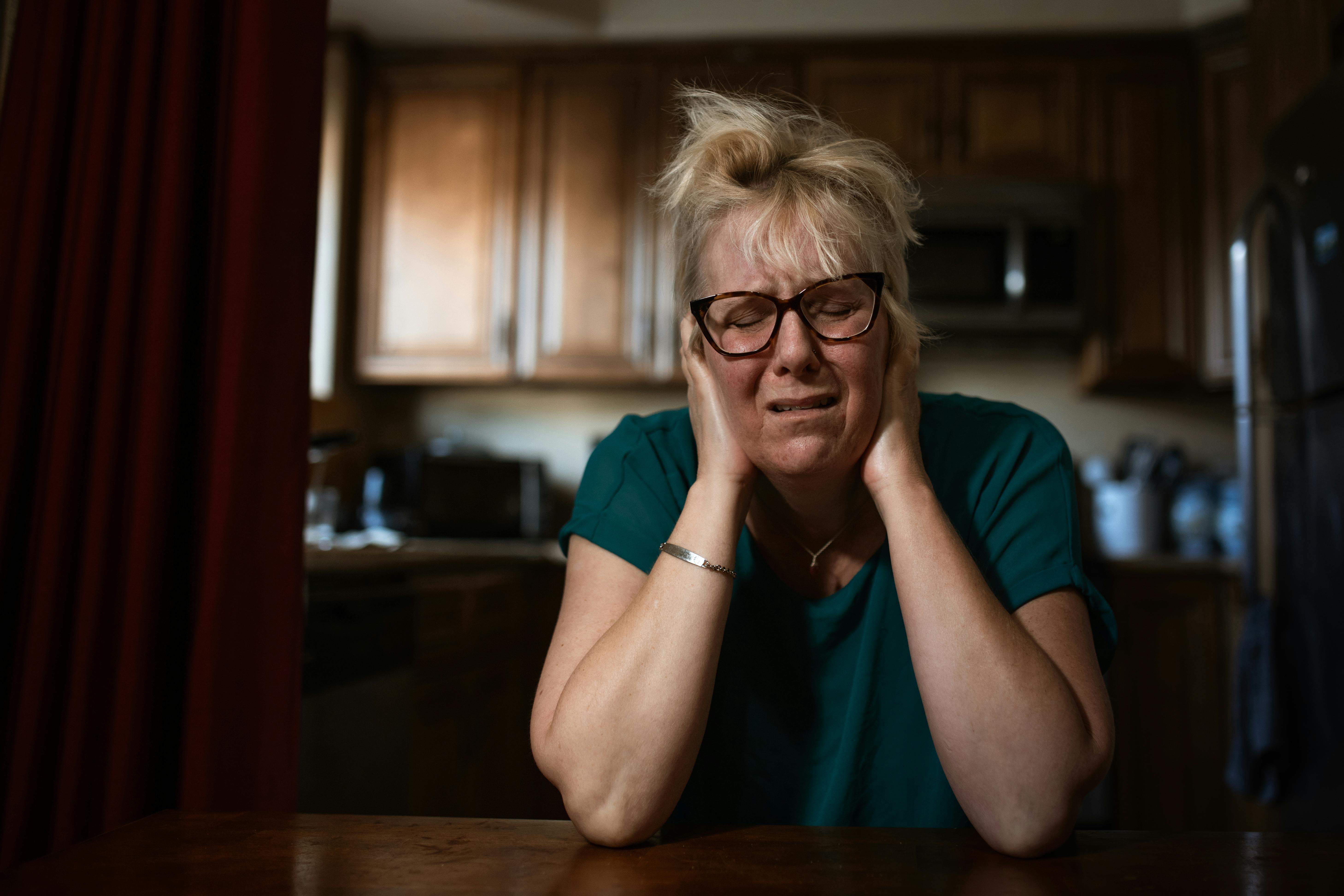The sooner you potty train your puppy, the better. You want to establish good habits from the beginning. And a dog that has never used the bathroom in the house will never consider the house as a place * to * go to the bathroom. I’ve always found the puppies we buy from real working farms (NOT puppy farms) to be the easiest to house train. They only wanted to go to the bathroom on the grass or hay, since they had only gone to the barn or outside. Often they wouldn’t even go to the bathroom in a parking lot; we would have to find grassy areas on the way home so they could go to the bathroom.
Here are some home training tips to help you, as long as you consistently follow them:
1. Closely supervise your puppy while potty training. Keep an eye on your puppy while he’s loose in your house! Look at it as if you are caring for a very young child who could get into trouble if you don’t take care of him. A puppy is the same as a young child in this regard. Keep your puppy in a crate to prevent him from getting into trouble when you cannot watch him closely.
If you see your puppy start to sniff, take him outside (or to the selected bathroom area) immediately. If you want the bathroom area to be outside, try making the area outside from scratch; and if for some reason you can’t make the outside area from scratch, at least make the area near the door. This way, when you’re ready to house train outside, you can take your pup outside whenever you see him start sniffing near the door. * When you cannot supervise your untrained dog, keep him in a crate *. Make sure you also have the correct size box. Your puppy should be able to stand up and roll over, but no bigger. If you bring your puppy to buy the crate, the personal store should be able to help you select the correct size. Some people have tied their dog’s leash around their waist while potty training, but you still need to * pay attention *. (I once told my daughter that her puppy potty training issue was that she wasn’t paying enough attention. She called me one day to say she must be right: her puppy had two accidents that day, both in her foot!)
2. If you find that your puppy is going to the bathroom in the wrong place, interrupt him by saying “NO!” in a high-pitched tone of voice, then immediately take it to the right place to finish. (If you don’t catch it, you’re not watching it closely enough.) It might help to place the paper towel you clean the mess with where you want it to go to the bathroom, so it will have the smell there. Make sure to clean * thoroughly * and deodorize the area where you urinated in the house. Use special products made for this purpose, or you will go there again. In fact, watch him * more closely * and / or take him to his potty when he starts sniffing those areas.
3. Choose a place to go to the bathroom that is free from distractions. No play of any kind is allowed until the puppy has gone to the bathroom. DO NOT turn potty time into playtime until after he goes to the bathroom. When he goes to the bathroom, give him a treat and then PLAY with him. Reward him generously and immediately!
4. Establish a schedule. Maintaining a routine will help establish good habits. Control when your puppy eats and drinks. Feed your puppy 3 times a day when you first bring him home (or as recommended by his breeder). You can decrease this to once or twice a day as you age. Make sure you always have fresh water to drink. Take your puppy to his potty about once an hour, and always take him to his potty within 10 minutes after he eats or drinks, wakes up, and after exercising or playing. Allow absolutely no games or distractions until you’ve “done your thing.” Once you’ve gone to the bathroom, you can start taking him outside about once an hour for a very young puppy, and extend the time between “potty breaks” as your puppy grows and firmly forms good habits. training at home. But be sure to * watch your pup carefully * whenever he’s not confined or in an ‘OK to potty’ area.
5. Reward your puppy as soon as he goes to the bathroom in the right place. Give him a very tasty special treat. Say: “Yes! Good Guy! “And play with him! Make the time when he relieves himself the time when the fun and good things begin. Dogs love good things; and they will usually do whatever it takes to get it. So, everything What you really need to do is make sure your dog knows what you expect of him, what it takes to get the ‘good stuff’.
This is a lot of work at first until habits are formed. But in reality, it is the most effective, and sometimes the only way to do it. Be sure to get your puppy outside as much as possible to increase his chance to relieve himself outdoors. If it doesn’t come out, DO NOT take your eyes off it when you bring it in. Most importantly, praise him generously, reward him, and play with him when he goes out. With the use of patience, perseverance, consistency, and generous reward, you will both succeed! For more information, free tips and advice on dog training, as well as free information on dog care, puppy care, dog health and nutrition, and free canine cooking recipes, visit: [http://www.e-dog-training.com].
